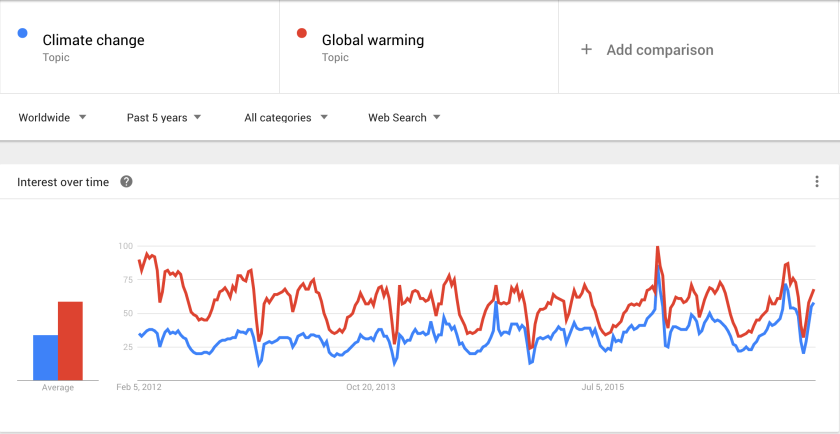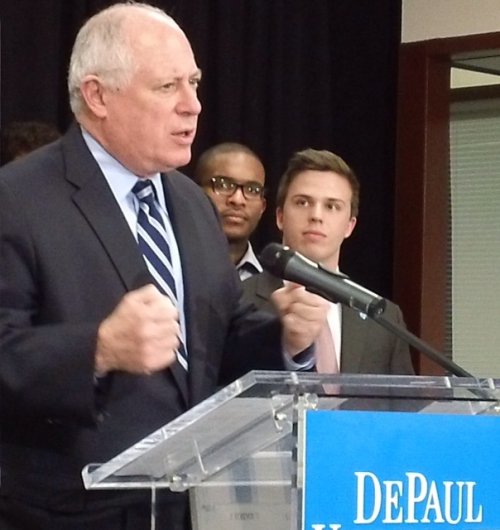This Google Trends chart displays news searches in the U.S. over the past twelve months related to the topic of the European Union, vs. searches related to China, vs. searches related to Kim Kardashian. This Trends chart is fairly simple, and it makes the point abundantly clear that the European Union is consistently of very little interest to the American people. The only time in which searches for the European Union topped Kim Kardashian or China was during the United Kingdom European Union membership referendum, 2016, or Brexit.
This has a lot to say about the United States’ relationship with the European Union, showing that the American public does not believe this political institution to be particularly relevant to their lives. While it may seem unfair to rank the European Union against one of the United States top reality television personalities, searches for the European Union consistently rank under that of searches for China as well. If it were simply a matter of proximity rather than interest or perceived relevance, one would expect the European to surpass China in searches, yet this is not the case.
To give the American public the benefit of the doubt, it is possible that this Trends chart indicates that the U.S. media is not doing a comprehensive enough job covering news related to the European Union. Perhaps as Brexit nears its formal conclusion, search interest in the European Union will spike once again.



